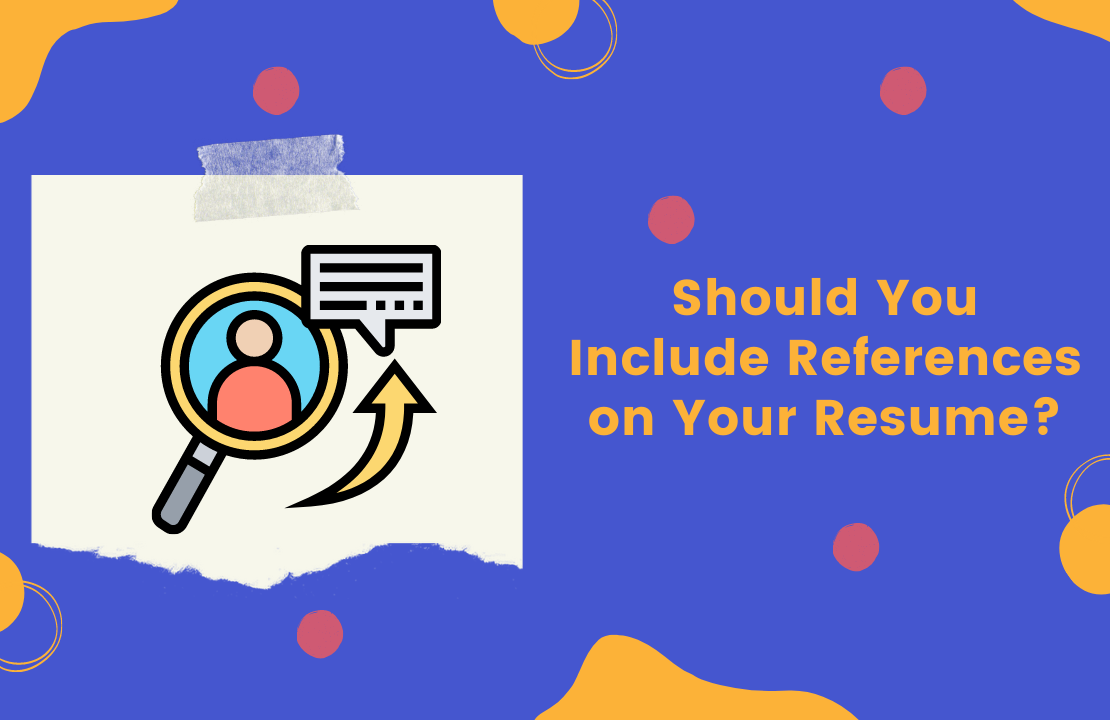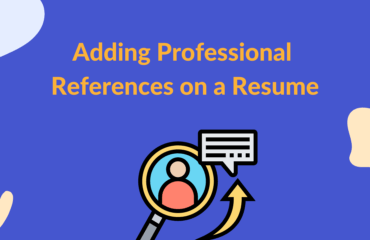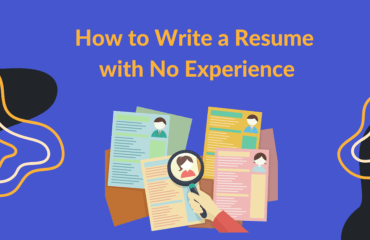Table of Contents
Professional references are a list of contacts who can vouch for a candidate’s qualifications. Most companies consider reference checks as one of the most important steps in the selection process. Despite this, there are varying opinions as to whether candidates should include references on their resumes or not. Some say this is no longer a thing in today’s job market, while others say otherwise. If you are confused about what to believe in, this article will help you get clarity.
Why do employers ask for references?
Employers typically do reference checks after an interview has been conducted. This helps recruiters verify the skills and experiences you represented on your application documents and throughout the assessment and interview process. Did you work at the place you said you did? Did you carry out the tasks you said you were doing? Essentially, it’s a means for the decision-makers to confirm if you are the person you say you are.
When you’re asked for references, it’s a good sign that the employer is interested in you. But it doesn’t necessarily mean you have already won the job. So, don’t start to get your hopes up too soon. Reference checks help decision-makers gain greater insights into your skills and experience from someone who has actually observed your performance. If your references have done a good job painting you in the best possible light, you may have a higher chance of receiving an offer.
When to include references?
In most cases, employers do not require references upfront. References are commonly asked when you’ve made it through initial interview rounds and are among the final selection of candidates for the job. Decision-makers generally know that they can request references when needed and expect to receive them. So, there is no need to waste precious space on your resume to state the obvious. Nonetheless, here are some exceptions to the rule.
- If the job post explicitly states to include references on your resume
- If you are in an industry that requires case studies or testimonials on the resume like consulting
Who to select as a referee?
While providing a list of references upfront may not be necessary, it’s essential to have a list on hand and ready to go when asked. Your references can impact the outcome of the selection process. So, carefully choosing who to include in your list is a must. When selecting your references, think of the people who can vouch for your work ethic and explain why you are the best person for the job. And no, friends and family members don’t count.
The list of your references will be based on your personal and professional circumstances. If you have substantial work experience, current or former clients, colleagues, managers, employees, or direct reports can be good references. On the other hand, if you’re fresh out of college, an academic advisor or a professional mentor can be your go-to references. Create and provide a list of three to seven references upon your target employer’s request.
How to ask someone to be your referee?
Before sharing your referees’ information, make sure to get their permission first. The best way to do this is to notify them in advance. This will give them enough time to prepare, providing you with a better chance of getting a good recommendation. Permission can be asked through an in-person meeting, phone call, or email. Here are some tips and tricks on how you can ask someone to be your referee and make their task as easy as possible for them.
- Provide the reason why you are seeking a reference from them.
- Share your current resume with your referees, highlighting career progression since you worked with them.
- Ask them if they need any additional information to act as a referee on your behalf.
- Confirm their current job title, their contact information, and the best way to reach them.
Once you have provided your references to your target employer, follow up with your referees. Let them know that the company will contact them for a reference check. Once the hiring process is done, thank your referees for the time and effort they have invested in giving you a reference.
Why add a testimonial to your resume?
Have you ever considered buying a certain product after you’ve read a testimonial of how good it is? Most of us surely have. In fact, statistics showed that 88% of customers incorporate testimonials into their buying decision. A testimonial helps establish trust and credibility. The same is true when you apply for a job and market yourself through your resume.
Adding a testimonial from a credible reference, like an ex-manager, can help give your resume a competitive edge over other candidates. It’s like telling the decision-makers, “This is a great potential employee. Take it from me.” However, not all testimonials are created equal. Adding a statement that says, “Job well done.” won’t add any value. Here is an example of an effective testimonial.

Testimonial in a resume
To maximize the benefit of a testimonial, combine it with pertinent work experiences. For instance, you are applying for a Project Manager role. The above example can be a powerful testimonial. It is concise and provides your target company with greater insight into your relevant strengths and accomplishments.
Generally, references should only be provided when an employer asks for them. Your references can make or break your chances of landing your dream job. So, choosing the right people who can best vouch for you is crucial. Regardless of the outcome of your application, don’t forget to express your gratitude to your references for helping you out during the recruitment process.











